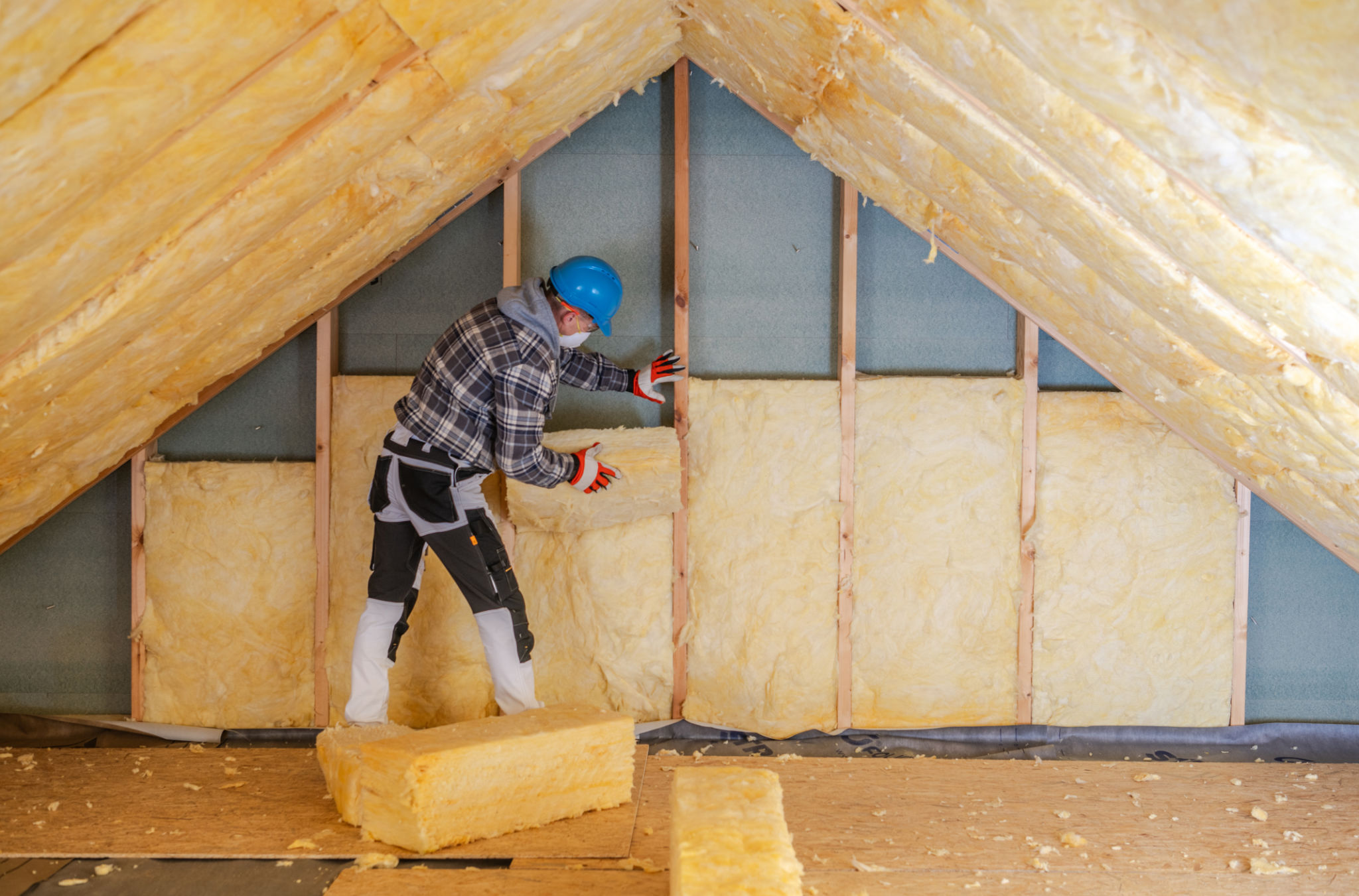Understanding Melbourne's Energy Efficiency Standards: A Homeowner's Guide
What Are Energy Efficiency Standards?
Energy efficiency standards are regulations that set minimum performance requirements for energy consumption in various sectors, including residential properties. These standards are designed to reduce energy waste, lower utility bills, and decrease greenhouse gas emissions. In Melbourne, these guidelines ensure that homes are built or renovated to meet specific energy-saving criteria.
For homeowners, understanding these standards is crucial as they not only impact your home's running costs but also its value. Adhering to energy efficiency standards can lead to a more comfortable living environment and can be a significant selling point if you decide to put your property on the market.

The Importance of Energy Efficiency in Melbourne
Melbourne, like many parts of the world, is committed to reducing its carbon footprint. The local climate, which includes both hot summers and cool winters, makes energy efficiency a key consideration for homeowners. By improving energy efficiency, households can significantly decrease their reliance on heating and cooling systems.
Reducing energy consumption not only benefits the environment but also provides financial savings over time. With energy costs on the rise, efficient homes can save homeowners a substantial amount on their electricity and gas bills.
Key Components of Compliance
Insulation and Ventilation
A well-insulated home is fundamental to achieving energy efficiency. Proper insulation reduces the need for excessive heating in winter and cooling in summer by maintaining a stable internal temperature. Additionally, adequate ventilation is essential to ensure fresh air circulation without compromising energy savings.

Efficient Appliances
Choosing energy-efficient appliances is another important aspect of meeting Melbourne's standards. Appliances with high energy ratings consume less power and contribute to overall household energy savings. When purchasing new appliances, look for the energy rating label as a guide to their efficiency.
Renewable Energy Sources
Homeowners are encouraged to consider renewable energy sources such as solar panels. These systems not only help reduce reliance on the grid but also provide opportunities for rebates and incentives, further lowering installation costs.

Steps for Homeowners to Improve Energy Efficiency
Improving your home's energy efficiency can be accomplished through various actions:
- Conduct an energy audit: Identify areas of your home where energy is being wasted and take steps to address them.
- Upgrade insulation: Ensure walls, roofs, and floors are properly insulated.
- Install energy-efficient windows: Double-glazed windows help reduce heat loss in winter and keep homes cooler in summer.
- Utilize smart technology: Smart thermostats and lighting systems can significantly reduce energy usage by optimizing settings based on occupancy and time of day.
Benefits of Meeting Energy Efficiency Standards
The benefits of complying with Melbourne's energy efficiency standards extend beyond financial savings. Homes that meet or exceed these standards tend to have improved air quality, increased comfort levels, and enhanced marketability. Moreover, they contribute to a healthier planet by reducing carbon emissions.
By taking proactive steps to improve your home's energy efficiency, you not only enhance your living environment but also play a part in Melbourne's sustainability efforts. It's a win-win situation for you as a homeowner and for the community at large.